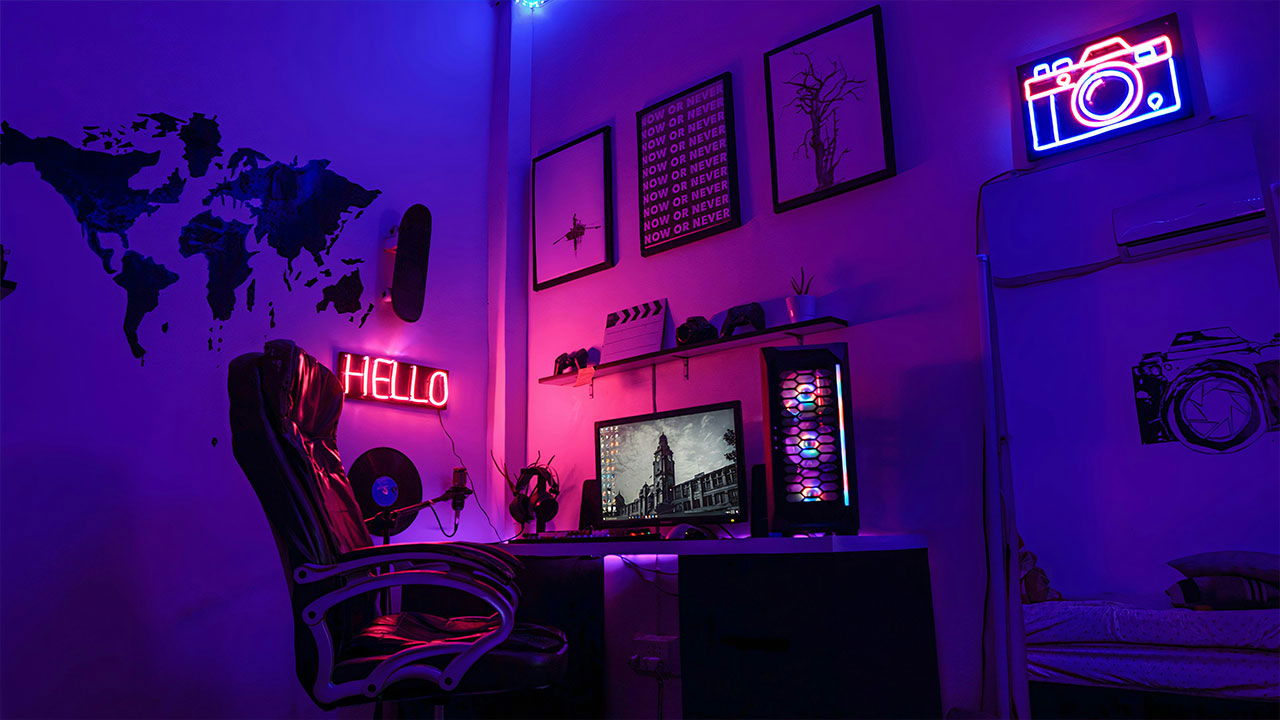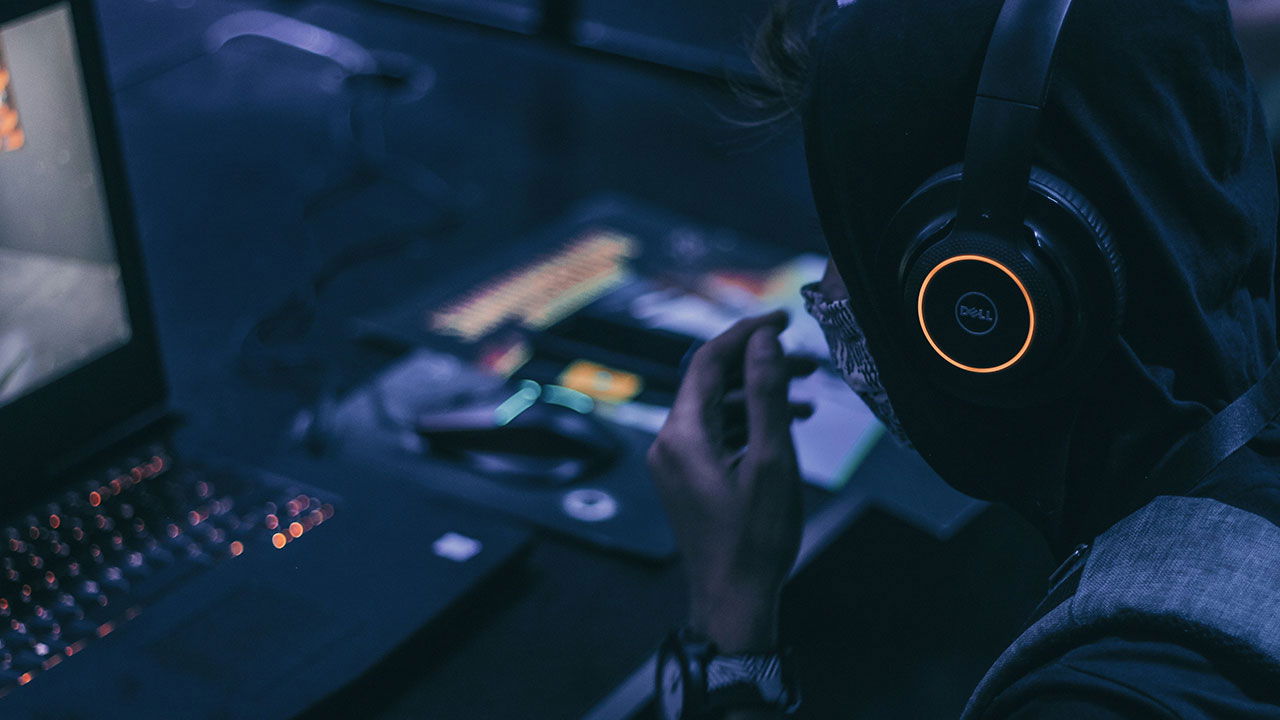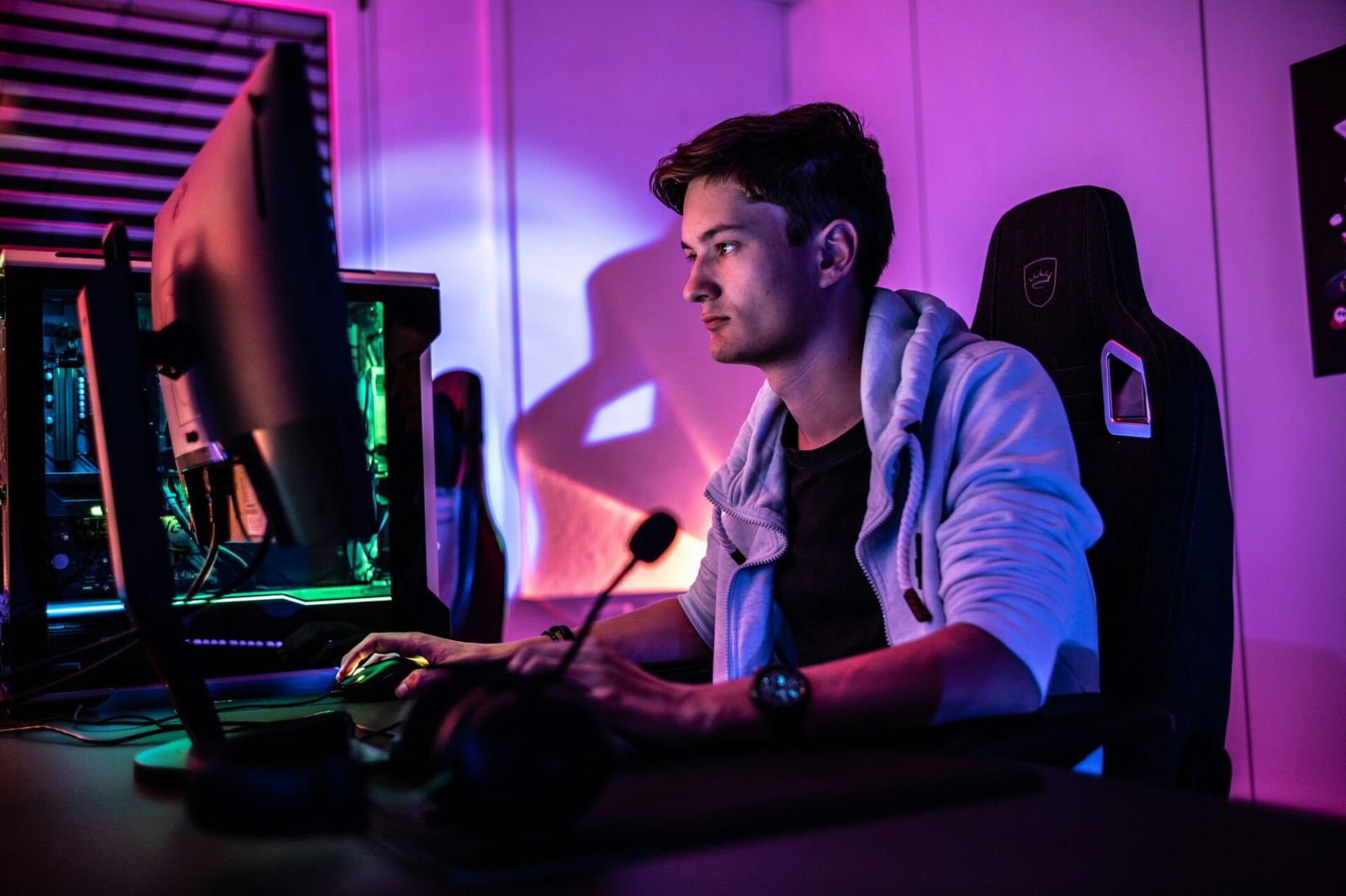Balancing schoolwork and gaming is difficult but feasible with the right technique. Gaming is fascinating and addictive; many students struggle with time management. Gaming may improve critical thinking, problem-solving, and teamwork but not hinder academic accomplishment. Finding the appropriate balance between these two parts of life will ensure none suffers. Maintaining this equilibrium requires schedule, discipline, and prioritizing. Smart gamers who balance academics and gaming can have it all. These practical strategies will assist college gamers in staying productive while enjoying their favourite hobby without affecting their education.
Mastering Time Management
Time management is essential for students who wish to succeed academically and play their favourite games. Gaming can take up study time without effective time management, causing procrastination and missed deadlines. Students must schedule gaming and studying times into their daily routines to avoid this. Planners, time-blocking, and apps like Google Calendar and Todoist can help arrange study and gaming timetables. Gaming hours are scheduled after academic activities are finished to ensure responsibility is addressed before leisure time.

Set a Study-Gaming Schedule
A study-gaming routine is one of the best strategies to balance. Students should plan when and how long they will play in advance to avoid letting gaming disrupt their studies. An organized schedule prevents gaming from interfering with schoolwork or other important responsibilities. Students can play video games for two to three hours after homework or class without affecting productivity.
However, if a gaming session runs longer than expected and deadlines are approaching, students can always seek extra help by delegating some of their academic workload to a reliable research paper writer. This allows them to stay on track with their studies while still enjoying their favorite games. Setting realistic time limits is also crucial—gaming marathons on school nights can cause sleep deprivation and lower academic performance.
Use Gaming as a Reward
Rewarding gaming helps students focus on schoolwork while enjoying it. Instead of playing whenever they want, students should set academic goals before gaming. Completing assignments, reading chapters, or doing well on quizzes can unlock gaming time. This strategy improves self-discipline and makes gaming a motivator.
Prioritization and Self-Discipline
Prioritizing duties helps balance gaming and school. While gaming is fun, students must prioritize academics. Playing “just one more match” can cause students to overlook homework and revision. Gaming must stay a hobby without becoming a burden by developing self-discipline. Students must periodically analyze their workload and change their gaming habits to achieve this. If a big exam is coming up, minimize gaming time or take a break to study.

Identify Academic Priorities
To manage gaming and school, you must understand academic priorities. Students should consider deadlines, courses, and tests to determine how much gaming time they can devote. Gaming should be put on hold if an assignment is due tomorrow or an exam is approaching. To manage academic obligations, use a planner or to-do list to track assignments and deadlines.
Avoid Uncontrolled Gaming Sessions
Lost time during gaming is a major issue for college players. Immersive games, especially multiplayer and open-world ones, make playing easy for hours without realizing it. Students should limit their gaming time and utilize alarms or time-tracking apps to prevent this. Some games offer parental controls or timers to limit gameplay. By controlling their gaming time, students can avoid disrupting their studies.
Optimizing Study Efficiency
Optimizing study efficiency lets students finish schoolwork faster and play more. Maintaining a healthy lifestyle requires studying smarter, not harder. Many students endure extended, unfocused study sessions that drain their minds and productivity. Instead of spending hours reading textbooks or taking poor notes, students should use active learning approaches to absorb material more quickly.
Use Focused Study Techniques
Studying effectively can improve academic performance and time management. The Pomodoro Technique recommends 25-minute intense study sessions with five-minute pauses, which reduces brain exhaustion and engages the brain. Another useful method is active recall, which involves testing yourself instead of rereading. Flashcards, mind maps, and personal summaries help reinforce learning.
Find the Best Study Environment
A productive study space helps maintain concentration. Students should avoid distractions like gaming consoles and PCs in their study rooms. Turning off alerts or keeping gaming devices away while studying minimizes needless gaming breaks. Focus can be improved with noise-canceling headphones, background music, or peaceful libraries. Setting up a study space can help students finish schoolwork faster.

Maintaining Physical and Mental Well-Being
Balancing school and gaming requires time management and mental and physical health. Long hours on screens, whether learning or playing, can harm health. Student gamers often lack exercise, posture, and sleep. Students should exercise, eat well, and rest.
Take Breaks and Stay Active
Gaming and studying for long periods can cause eye fatigue, physical strain, and poor attention. Regular pauses and exercise increase well-being. Stretching, short walks, or small exercises between gaming and studying can make a big difference. Ergonomic chairs, screen changes, and correct lighting can prevent long-term health risks while gaming or studying.
Ensure Proper Sleep
Gaming late at night might impair sleep and academic performance. Many students spend hours playing “just one more round” before bed. Poor sleep reduces concentration, memory, and energy. Setting a bedtime and avoiding heavy gaming before bed can assist in managing sleep. Blue light filters or screen night mode help minimize eye strain and promote sleep.
Conclusion
Managing school and gaming requires discipline, planning, and mindfulness. Student gamers can pursue their passions by managing time, creating priorities, and staying healthy without affecting their grades. Gaming should relax and motivate, not keep you from work. Students may balance gaming and schoolwork with the appropriate strategy, rewarding both.



